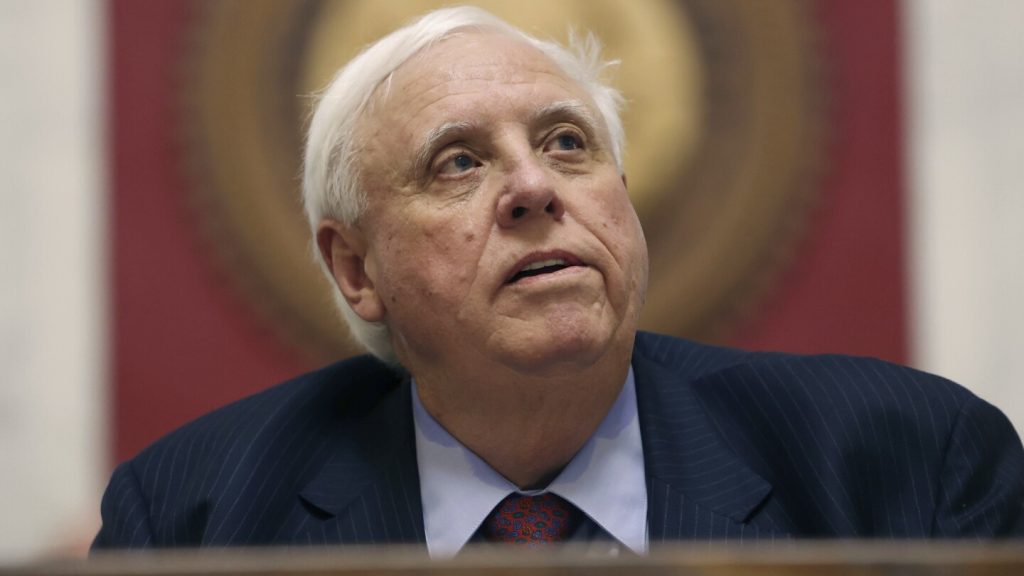Jim Justice, the two-term governor of West Virginia, declared victory in his Senate race more than a month before the Nov. 5 election. Despite facing challenges with his family businesses and debts, Justice positioned himself as the successor to retiring Sen. Joe Manchin in a state where Donald Trump had won every county in the past two presidential elections. However, Justice has faced issues with loan defaults, late payments, court fines, threats of foreclosure, and legal challenges for not living in the governor’s mansion as required by law.
While Justice’s boasting may have been justified given the Republican dominance in West Virginia, his opponent Glenn Elliott has been outspent in the campaign by Republicans by more than a 5-to-1 margin, receiving less than $3 million in help from outside groups. Elliott has expressed concerns about Justice’s financial troubles and the lack of public debates, emphasizing the need for voters to know more about the governor and his policies. Justice has defended his record as governor, touting accomplishments such as income tax cuts, road repairs, job creation, and tourism promotion, despite criticism for underfunding public schools and social services.
West Virginia, a state with one of the highest poverty rates in the U.S., has seen a significant population decline over the past decade, leading to the loss of a congressional seat. Justice’s family has faced multiple lawsuits and debts related to their mining operations in Appalachia, including unpaid taxes and state tax liens. Most recently, the family resolved debts to prevent the foreclosure of the historic Greenbrier hotel. Despite these financial challenges, Justice has remained popular among voters, raising questions about the impact of his liabilities on his campaign.
Elliott has embarked on a county-wide tour to raise awareness about Justice’s financial and ethical issues, questioning the governor’s commitment to his responsibilities. On the other hand, Justice has focused on economic development announcements and school visits during his campaign, emphasizing his track record as governor and downplaying the importance of public debates. With a significant fundraising advantage and minimal opposition in the Republican primary, Justice appears confident about his prospects in the Senate race, expressing certainty about winning by a significant margin.
The West Virginia Democratic Party has criticized Justice for his financial incompetence and failure to address the state’s systemic challenges, such as poverty and population loss. Despite these criticisms, Justice remains confident in his popularity and ability to win the Senate race without extensive campaigning. It remains to be seen how voters will respond to Justice’s baggage, as well as his opponent’s efforts to highlight these issues during the campaign. The outcome of the election will determine the future of West Virginia and its representation in the U.S. Senate, with implications for national politics and the Republican Party’s stronghold in the state.


